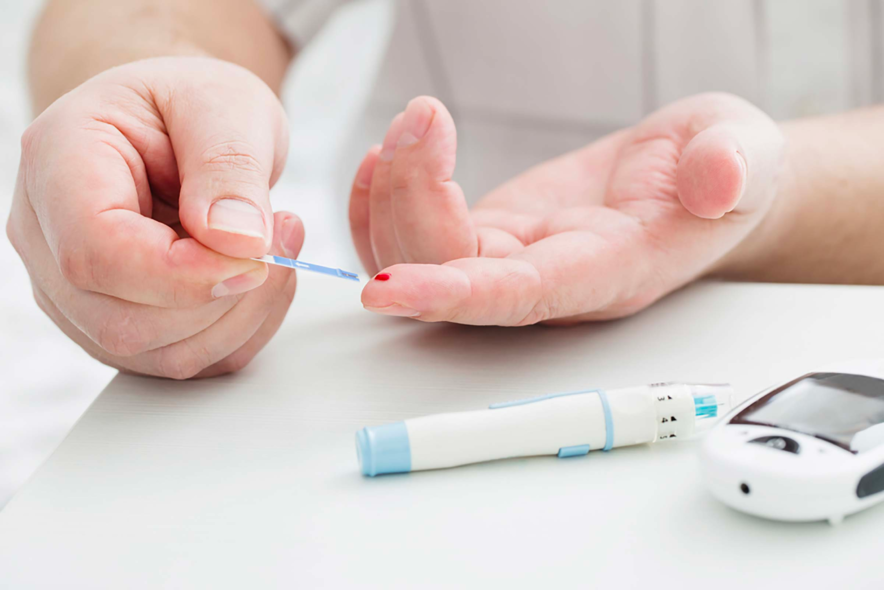Latest updates
Charting the path forward: Joint stakeholder statement on the implementation of the EHDS
MedTech Europe together with representatives of the EU health community welcomes the agreement on the European Health Data Space (EHDS) proposal and provides key recommendations to ensure the EHDS will be implemented in a way that provides most added value for patients and European health systems. Read the full statement below.
Posted on 24.04.2024
Relaunching European competitiveness: a joint European industry manifesto
MedTech Europe joins 85 European and national industry associations calling policymakers to relaunch Europe’s attractiveness and competitiveness as an industrial location for innovation. The EU enters a new policy cycle at a challenging time, with technology and geopolitics acting as global disruptors, adding pressure to already stretched supply chains. Now is the time to start building a strategic plan that unlocks the full potential of the Single Market and builds a regulatory environment for the EU industry to remain globally competitive; this is crucial to foster access to innovative medical technologies that meet the needs of patients and health systems. We call the next EU mandate to: Reposition Europe as a global leader in trade Embrace a horizontal approach to EU Single Market and competitiveness Build a joined-up strategy to boost value chain resilience, protecting jobs and consumers Bridge the innovation gap Nurture talents and skills Read the full manifesto below
Posted on 15.04.2024
MedTech Europe announces changes in the Board composition
Posted on 04.04.2024
The power of hearing
When Katie Grant started having hearing difficulties in her early 50s, she was in denial. She reluctantly got hearing aids and was amazed at the transformation that followed. T

Building resilient healthcare systems in Europe
MedTech Europe Manifesto: The EU has a key role in preparing for future challenges, from AMR and climate to global trade distortions and supply chain disruption

About us
MedTech Europe is the European trade association representing the medical technology industries, from diagnosis to cure.
We represent Diagnostics and Medical Devices manufacturers operating in Europe. There are more than 500,000 products, services and solutions currently made available by the medical technology industry. These range from bandages, blood tests and hearing aids to cancer screening tests, pacemakers and glucose monitors.
Our sector employs more than 730,000 people. There are more than 32,000 medical technology companies in Europe, of which 95% are SMEs.

What we work on
Access to Medical Technology
Access to Medical Technology
Medical technologies have the potential to save and improve the quality of life, to inform people on the state of their health and to guide healthcare delivery.

Medical Technology Regulations
Medical Technology Regulations
Medical technologies are tightly regulated in the European Union. Before a medical technology can be legally placed on the EU market, a manufacturer must comply with the requirements of all applicable EU legislation and affix a CE mark to their device.
New EU Regulations governing medical devices (MD) and in vitro diagnostic (IVD) were published in May 2017. MedTech Europe is working with our members and the authorities to support companies in complying with the new legislation by the end of the transition periods – 2021 for MDs and 2022 for IVDs.
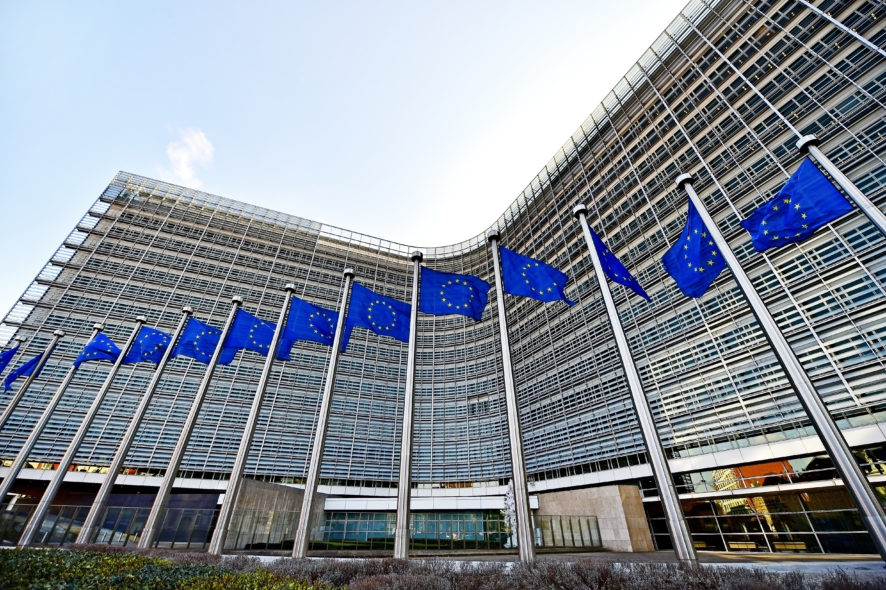
Interactions with the Medical Community
Interactions with the Medical Community
The medical technology industry is expected to act in a responsible manner. MedTech Europe and its members are committed to a high level of ethical business practices and have put in place strict guidelines to advise medical technology manufacturers on how to collaborate ethically with Healthcare Professionals (HCPs), Healthcare Organisations (HCOs) and Patient Organisations (POs).
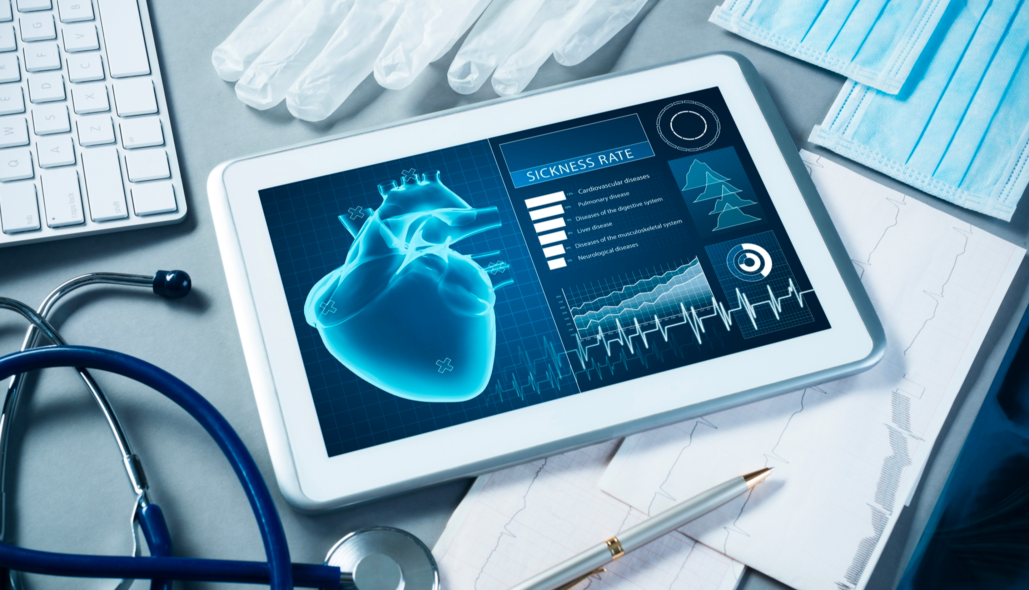
COVID-19 Information Hub
COVID-19 Information Hub
As the spread of the coronavirus COVID-19 continues to impact the health of people and the economy of countries around the world, the medical technology industry is working to support all ongoing efforts against this pandemic.

Privacy, Liability and Collective Redress
Privacy, Liability and Collective Redress
MedTech Europe engages with members and EU stakeholders on key topics such as privacy, liability and collective redress. The reason for this engagement stems from the fact that medical technology companies doing business in Europe are subject to a host of legislation they comply with.

Market Data
Market Data
Taking decisions based on individual knowledge and market understanding has proven to be insufficient in the digital era. Successful medical technology companies have leveraged the power of technology and big data to take rigorous decisions based on empirical data. Staying up to date with the latest trends, requires a trusted data provider and market intelligence service.

Environmental and Social Sustainability
Environmental and Social Sustainability
In addition to the medical technology sector’s core goal of saving lives and improving health, environmental and social considerations are an integral part of our industry’s operations. We acknowledge that preserving a healthy environment and building socially responsible value chains are essential in keeping human beings in good health. Our industry needs to be at the forefront of addressing challenges related to sustainable healthcare.

New IVD symbols for compliance with the IVDR
New IVD symbols for compliance with the IVDR
On 26 May 2022, IVD devices transitioned to the new IVD Regulation EU 2017/746. This regulation requires devices intended for self-testing, devices intended for near-patient testing and certain rapid tests (not for self-testing and not for near patient testing) to state these facts on their labels.

Digital Health
Digital Health
Medical technologies generate information and data that are critical for the prevention, diagnosis, treatment, monitoring and management of health and lifestyle. This data can be stored and accessed on electronic health records and personal devices, shared among patients and healthcare professionals, aggregated and processed with advanced data analytics.

International
International
MedTech Europe engages with global agencies, decision-makers and stakeholders on key international issues facing medical technology companies.

Innovative Health Initiative (IHI)
Innovative Health Initiative (IHI)
The Innovative Health Initiative (IHI) is a public-private partnership between the European Union and the European life science industries, under the EU R&I funding programme Horizon Europe.

Research and Innovation
Research and Innovation
Research & Innovation (R&I) is the lifeblood of Europe’s medical technology sector. Industry investment in R&I delivers life-enhancing devices, diagnostics, and digital solutions. The European Union’s support for R&I offers valuable opportunities for academia and industry to generate new knowledge and use it to tackle the biggest challenges facing our societies. The quest for tomorrow’s healthcare innovations demands new, broad partnerships. R&I is most impactful when it is based on collaboration. MedTech Europe is committed to working with others in the public and private sectors to find solutions to our challenges.

Symbols for compliance with the MDR
Symbols for compliance with the MDR
The Medical Devices Regulation 2017/745/EU (MDR) has new requirements for label of medical devices.

Symbols for compliance with the IVDR
Symbols for compliance with the IVDR
The In vitro Diagnostic Medical Devices Regulation has new requirements for the label of devices. These requirements are substantially different from those of the Medical Devices Regulation.

Ophthalmology
Ophthalmology
Vision loss can have a profound impact on those affected, resulting in lost independence and significantly limiting daily activities. Ageing increases the risk of eye diseases that can lead to visual impairment. The medical technology industry develops products that reduce the burden of eye disease on individuals, families and the wider economy. These innovations add enormous value to European society.

Homecare & Community Care
Homecare & Community Care
The medical technology sector develops products, services and solutions aimed at delivering care in the community setting and in people's homes. These technologies are convenient for patients, improve their quality of life and can save lives, while being an efficient use of healthcare resources.
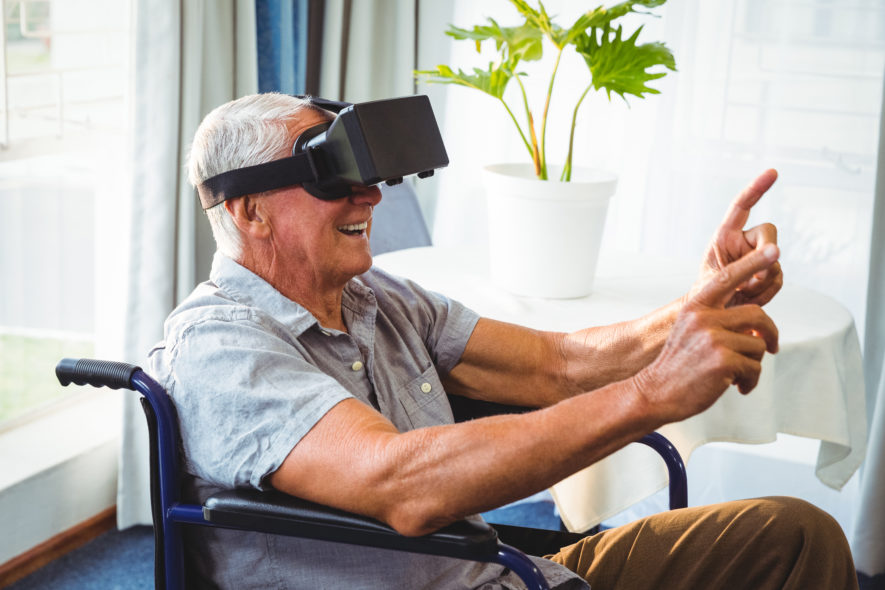
Orthopaedic
Orthopaedic
Orthopaedics is the medical specialty that focuses on injuries and diseases of the human body's musculoskeletal system. This complex system includes bones; joints; ligaments; tendons; muscles; and nerves; and allows you to move, work, and stay active.
The medical technology industry develops products that reduce the burden of musculoskeletal diseases on individuals, families, and the wider economy. These innovations improve quality of life and add enormous value to the European society.

Antimicrobial Resistance (AMR) and Healthcare Associated Infections (HAIS)
Antimicrobial Resistance (AMR) and Healthcare Associated Infections (HAIS)
Antimicrobial Resistance (AMR) and Healthcare Associated Infections (HAI) are among the biggest global public health challenges of our time. These infections cause significant morbidity and mortality, put pressure on health systems, and incur rising direct and indirect costs.
Medical technologies can help to address these problems by preventing, detecting, monitoring and managing infections and resistance.

Cardiovascular
Cardiovascular
Cardiovascular diseases, including heart failure, atrial fibrillation-related stroke, heart valve disease or coronary heart disease, can impact people of all ages and remain the leading cause of death in the European Union.
The medical technology industry provides high-quality solutions to safeguard and promote cardiovascular health and reduce the burden of cardiovascular diseases on individuals, families, and the wider society.

Cancer
Cancer
Medical technologies play an essential role throughout the whole cancer continuum: they help prevent and detect cancer at early stages, treat patients and prevent treatment complications, as well as improve the quality of life of cancer patients and survivors.

Diabetes
Diabetes
Diabetes is a silent pandemic. There are 60 million people across Europe living with the condition—equivalent to the population of Italy – and the numbers are rising each year. If current trends continue, diabetes will soon be the number one health threat in Europe.
The MedTech Europe Diabetes Group aims to reverse this trend by taking meaningful collective action on prevention, diagnosis and treatment for the millions of people living with diabetes, so that they can get back to leading full and fear-free lives.
